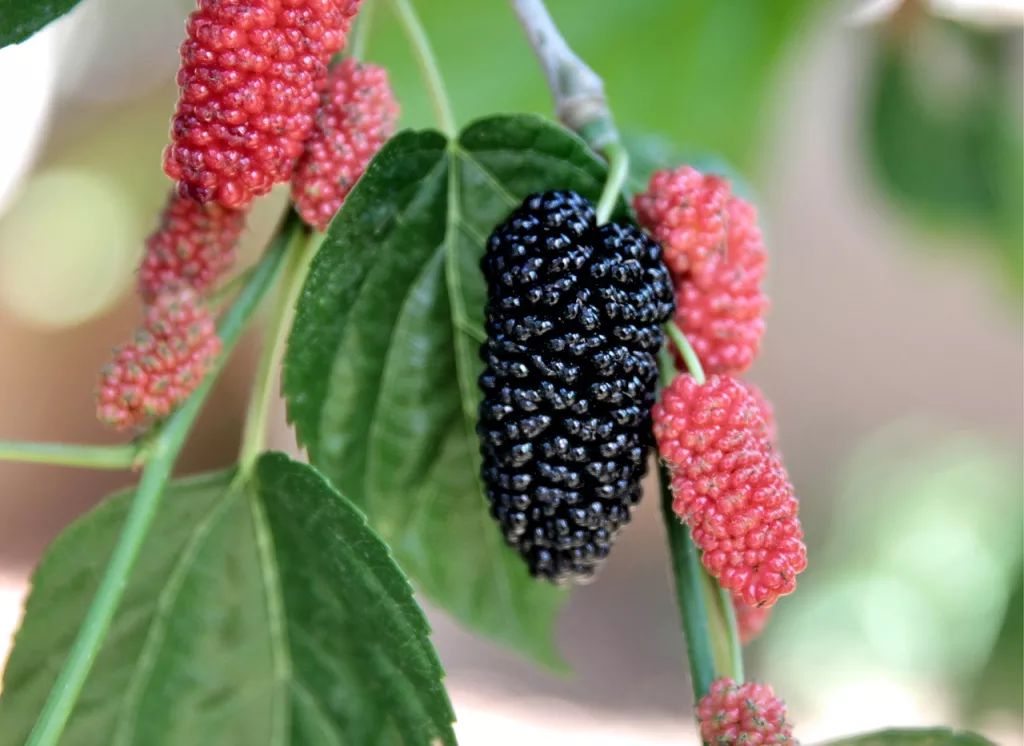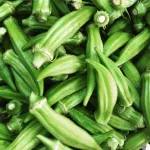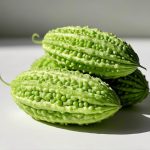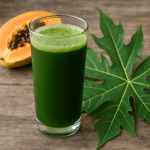
Need a reliable method of treating diabetes that won’t harm your body? The effects of Mulberry on diabetes and how to use it therapeutically are discussed here.
Morus alba is the scietific name for mulberry. This plant is a member of the Moraceae family. It is considered to be one of the most significant herb plants that are used as a source of various medicines and treatments.
Mulberries are indigenous to both Asia and North America, and several species of these fruits are cultivated for their fruit as well as for their decorative and ornamental qualities. Young mulberries grow quickly and can eventually reach a height of 24 meters. The leaves are simple and arranged in pairs.
The edges of the leaves often have lobes or teeth. Young shoots are more likely to have lobes than fully developed trees. The trees can be either monoecious (having male and female flowers on separate plants) or dioecious (having separate male and female plants) (bearing only male or female flowers).
The tiny flowers are clustered in catkins. Each 2–3-centimetre-long fruit develops from a flower cluster. immature fruits can be white, green, or very light yellow. When ripe, the fruit changes from pink to red, then to a deep purple or black color, and has a pleasant, sweet taste.
Mulberry plants are essential to the silkworm industry because they provide food for the silkworms. In the 15th century, it was the preferred plant for cultivating silkworms in Italy, but white mulberry has since replaced it. It is now a widely cultivated introduced species in North America, where its large, juicy, purple-black fruits are prized for their flavorful superiority to those of the red mulberry.
Mulberry’s Medicinal Properties:
- As a remedy for the common cold, flu, and fever.
- As a treatment for arthritic and rheumatic discomfort
- Enhancing eye health and visual acuity.
- Used as an analgesic for toothache, a treatment for snakebite, and a cure for aconite poisoning.
- Eliminates sore throat, inflammation, and irritation effectively.
- Can aid in skin comfort and softening.
- Helps alleviate gastrointestinal issues like gas, bloating, and constipation.
- To lower cholesterol levels in the blood.
- Useful for treating diabetes.
How to Use Mulberry:
- To reduce fever, you can make tea out of white mulberry leaves.
- The tender shoots are applied to sore joints to alleviate arthritic and rheumatic discomfort.
- Make a tea out of the tiny twig to stimulate blood flow to the eyes and enhance vision.
- The leaves were used as a poultice for toothaches, snakebites, and to treat people who had eaten too much aconite.
- The juice from a mulberry leaf may help with throat infections, irritation, and inflammation.
- As an emollient, mulberry leaves can be used to relieve dry, itchy skin.
- Used in juices and syrups to treat problems with the digestive tract, such as stomach cramps, gas, and inability to go to the bathroom.
- To lower cholesterol levels, try taking 1 gram of the leaf powder three times a day.
- As a diabetes treatment, 1 gram of the leaf powder is taken thrice daily.
Mulberry’s Potentially Adverse Effects:
Consumption of mulberry fruit has been linked to a few potential negative outcomes, including:
- Consuming mulberries could be harmful for people with low blood glucose levels because of the potential properties in mulberry that may reduce blood glucose levels.
- Some people with allergies have said that eating mulberries made them sick. If this is your first time eating mulberries, it’s best to ease into the fruit’s effects by eating only a small amount at first.
However, if you have any negative reactions to mulberries, you should talk to your doctor or health professional as soon as possible. Depending on your specific symptoms, they will be able to give you sound advice.
Disclaimer: This is for informational purposes only
Discover More: Looking for diabetes-friendly meals? Check out our new digital product, 35 Diabetic-Friendly Delicious Recipes, available now on Etsy!








